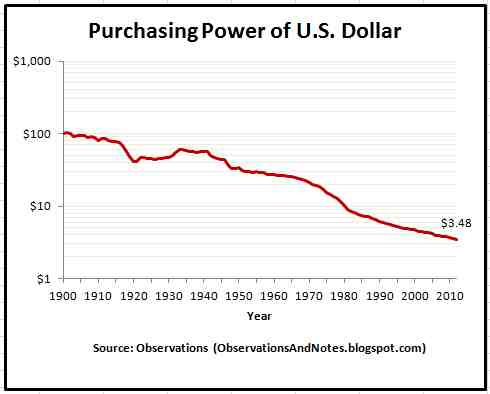In First Day With Bitcoin, Overstock Does $126,000 in Sales
Less than 30 minutes after online retailer Overstock.com started accepting payments in bitcoin](http://www.wired.com/business/2014/01/overstock-bitcoin-live/), Jason Steele used the digital currency to buy a new case for his smartphone.
Steele — a 32-year-old computer programmer from Atlanta who has been using bitcoin since March of last year — wanted to see if Overstock’s new system actually worked, but he was also interested in, well, fighting the good fight. Overstock is the first major online retailer to accept the digital currency, and Steele was doing his part to help push this new-age technology even further into the mainstream, so that it becomes a viable alternative to fiat currencies like the dollar and the euro and the yen.
“It’s a concept that could take off, and should take off, for a lot of reasons,” he says. “I want wider adoption. I want more businesses to use it.”
‘It’s a concept that could take off, and should take off, for a lot of reasons. I want wider adoption. I want more businesses to use it’
[RIGHT] [RIGHT]— Jason Steele[/RIGHT]
[/RIGHT]
Steele is not alone. In its first 22 hours accepting the digital currency, Overstock tells us, it accepted 800 orders in bitcoin, and they were worth a total of about $126,000. The company nabbed $5,000 in bitcoin orders in the first 30 minutes alone, and about $10,000 in the first two hours. That’s not an enormous haul, but judging from the company’s yearly revenue, it could be as much as 4 percent of its average daily sales, and it shows there’s a vibrant bitcoin community that’s interested not only in using the digital currency as an investment, but in actually spending it. That will be crucial to the future of this still very young technology.
Certainly, some just wanted to try out the new Overstock system. Others wanted to show the company how pleased they were that it had made the move. But all were uploading real funds, and many are interested in regularly spending their bitcoins, not just hoarding them in the hopes that their value with continue to rise.
Ben Doernberg, a 24-year from New York City, bought a screen projector for his cell phone just after Overstock flipped the bitcoin switch. “I wanted to express my appreciation to them for stepping up,” he says. “[And] I thought I might be the first one to buy from them, which would be cool.” But he aims to spend his bitcoin more often, having invested in the digital currency since May of last year.
“So far I have not regularly bought stuff with bitcoin, although I am beginning to change that behavior,” he says. “The increasing price of bitcoin is definitely an obstacle to purchasing bitcoin, but a temporary one.” As he points out, more merchants will have to follow Overstock’s lead in order for people like him to become regular spenders, but that’s already happening.
The bitcoin system is operated by a network of computers that spans the globe, and no central authority has the power to control it. It’s a currency — and a means of easily exchanging money over the net — that’s controlled by the people. After the value of a bitcoin topped $1,000 on popular online exchanges this fall, the digital currency has attracted a huge amount of interest, not only among individuals but businesses.
Coinbase, the San Francisco startup that processes Overstock’s bitcoin transactions, says it is also serving 19,000 other businesses, and another went live today: eZanga](http://www.ezanga.com/), a Delware outfit that helps people and companies place ads across the internet. eZanga is not only accepting payments from advertisers in bitcoin, it’s using the digital currency to pay the sites where it places ads.
“We have publishers all over the world who can do this,” says eZanga CEO Rich Kahn. “It’s an easier medium they can use to get payments faster.” Part of the strength of bitcoin is that lets anyone move money across borders without paying expensive credit card or wire transfer or currency exchange fees. That’s one of the reasons Jason Steele is high on bitcoin. It will make it easier and cheaper for him to travel overseas.
Overstock declined to tell us how its first day of bitcoin purchases compared to its overall daily take. But the point is a healthy number of people are well and truly behind the digital currency. One customer even bought a $2,700, 13-piece set of patio furniture](http://www.businessinsider.com/overstockcom-is-now-officially-accepting-bitcoin-2014-1?op=1). That’s not an empty statement. And neither was that phone-case purchase from Jason Steele. Late last night, he went back to Overstock and bought a chair with bitcoin too.
Cade Metz is the editor of Wired Enterprise. Got a NEWS TIP related to this story – or to anything else in the world of big tech? Please e-mail him: cade_metz at wired.com
